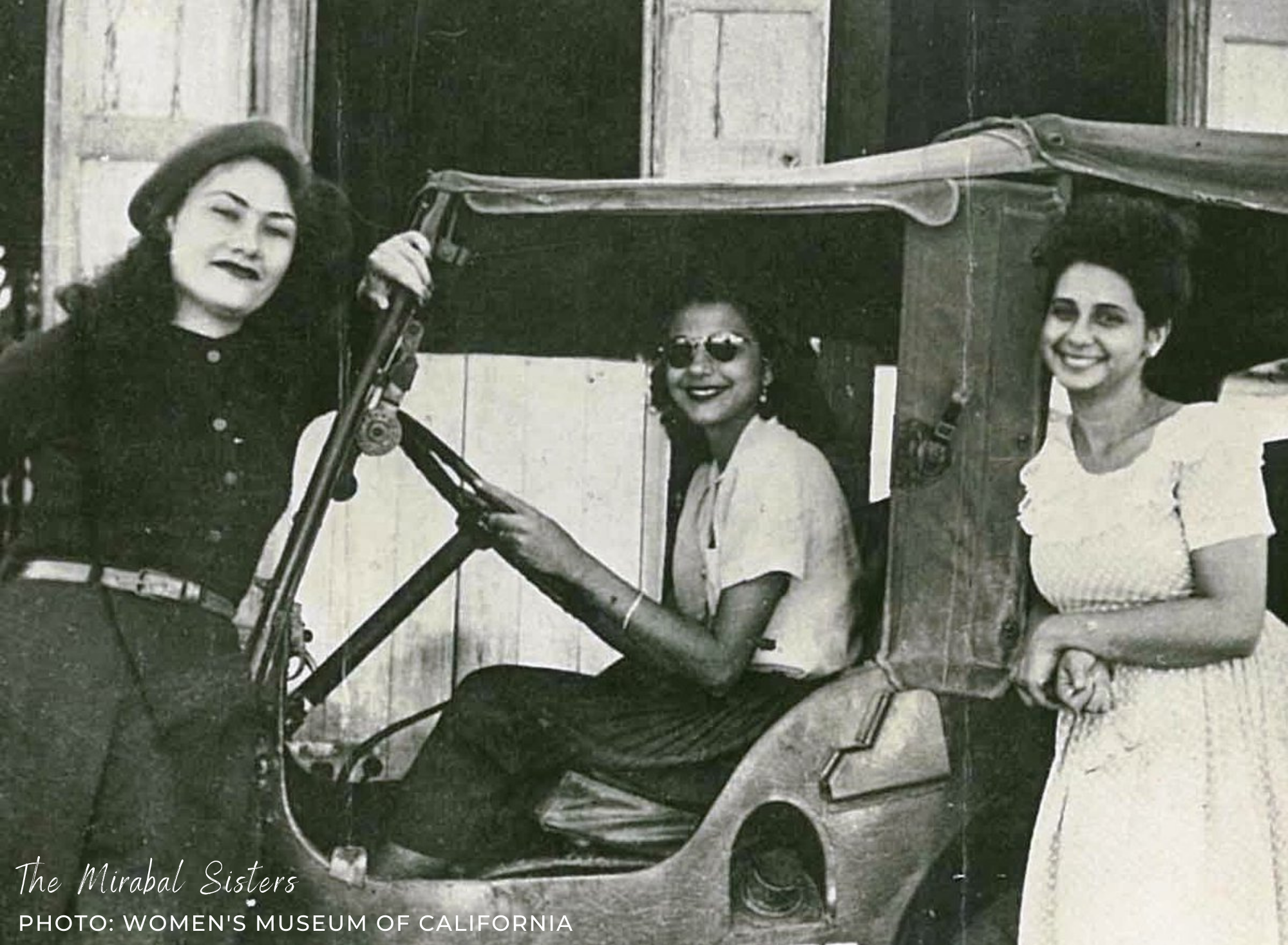I have had many conversations over the last several weeks about stress. What both fascinates and concerns me is that there seems to be a perceived need for people to articulate, and even prove, that they are more stressed than others. It seems that many feel that, in order to be successful, they must also feel stress: “I am stressed; therefore, I must be doing things right and well.” To me, this is counterintuitive. Until people understand that you can be equally- if not more- successful and productive when well-rested, focused and present, we will always fight this supposed need to be stressed.
Over the weekend I began reading a book by Thomas L. Friedman entitled Thank You for Being Late: An Optimist’s Guide to Thriving in The Age of Acceleration, a book which just a few pages in, frames the notion of stress.
Friedman’s book reflects on the impact of the acceleration of technology, globalization and climate change all at once. In his analysis of acceleration, Friedman comments, “You don’t just move at a higher speed of change. The rate of change also gets faster and when the rate of change eventually exceeds the ability to adapt you get ‘dislocation.’ Dislocation is the state when a whole environment is being altered so quickly that everyone starts to feel they can’t keep up.” I have been noting for a long while that there seems to be an increasing ‘spin’ in society. I see technology, in particular, as a significant contributing factor. While providing great connection to and with people, technology has also created a perceived need for everyone to stay connected and, perhaps more detrimental through social media, always happy. As our girls are bombarded with pictures and messages, both the structure and content of social media change so quickly that it feels impossible to keep up. The way we interact, the skills we teach, and the environments for which we are responsible must acknowledge the presence of this rate of change and ensure that we are addressing it and adapting.
How to deal with this rate of change in a way that is productive and achievable is important.
Friedman’s book was written as a result of him consciously pausing. As Friedman says, “In such a time, opting to pause and reflect, rather than to panic or withdraw, is a necessity…it is a way to increase the odds that you’ll better understand, and engage productively with, the world around you.” His words made me think of the times when dealing with uncertainty, and the tendency to figuratively ‘spin.’ It can be easy to do; however, this kind of reaction is unhelpful for individuals, and those around them, as it results in a climate of stress.
To adjust to the pace of change, we must remind ourselves to press the pause button- and reflect, and we must model that behaviour for others. While a little bit of stress and worry is sometimes an impetus to get things done, it is most certainly not a state to which one should aspire.

